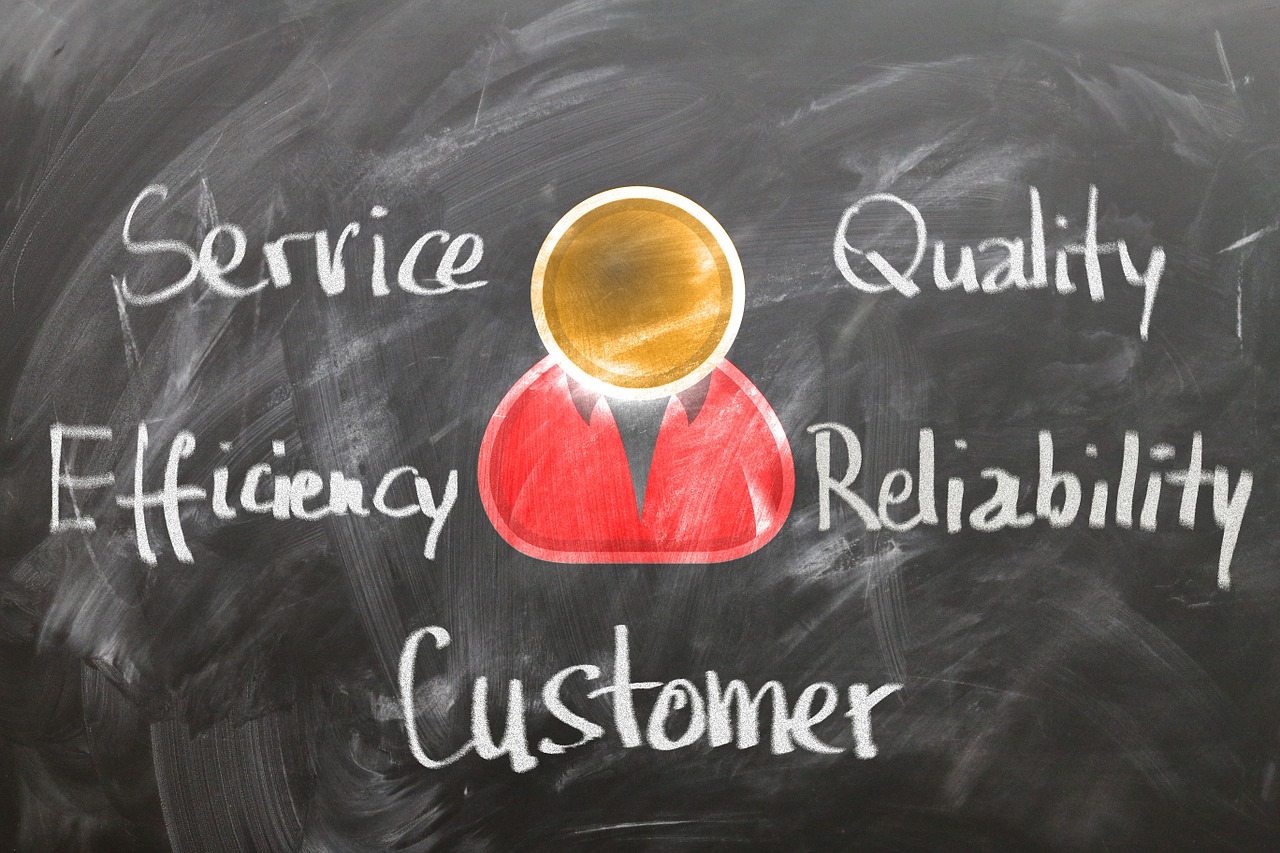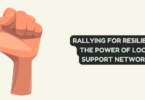
Customer
When you hear this question, you might first think about the range of marketing methods at your disposal and the various effects that they can have on your audience’s perception of your brand. This might help to increase awareness of your brand and inform people about what you do, but there’s going to be a different process—sometimes called the consumer decision process—when this choice is made.
Focusing on smaller aspects of your marketing might mean that you unveil exactly what you can rely on to sway your audiences, making something that’s seemingly inconsequential become a valuable asset down the line.
You as The Right Choice
An important part of this process is that you’re simply one choice out of a sea of competitors. This means that you need to prove to your audiences why you’re the right one for them. You might lean on the product when it comes to explaining this, making it seem as though it has something that nothing else has, or it might be another aspect of your company, such as your customer service, that can do the heavy lifting, telling your customers that you’re the right choice because you care the most.
However, there are other ways that this could be conveyed. One is through subtle demonstrations of your competence and professionality, showcasing an impressive website that utilizes APIs through companies like Kong or integration of animations and style. Or perhaps instead, you want to leave it up to online reviews and testimonies from other customers to do the talking, letting it come from an external source.
Price
There are, however, some stand-out aspects of what you’re offering that customers are inevitably going to be interested in. First of all, is the price. This one is pretty difficult to get around, and the price that you expect your customers to pay is going to be tied up in a few other factors. How much it costs you to produce it, the standard for similar products on the market are just a couple of factors involved.
One factor, though, is how you market yourself. Are you the high-quality option in your industry that puts an emphasis on robustness above all else? Or is value for money the selling point? This might be a larger question of branding, and going against the grain for a lower or higher price might not make sense and could have adverse results.
Quality
Naturally, then, the other factor to consider is quality. This is also going to be tied up in other considerations, the aforementioned element of the cost of production perhaps chief among them. Being seen as a brand that puts quality first is definitely going to have its advantages, and one of these could be that people are more enthusiastic about paying for what you have to offer. However, if the price is higher as a result of this, you’re inevitably going to alienate certain people who have to work within a certain budget, making it a difficult consideration.






